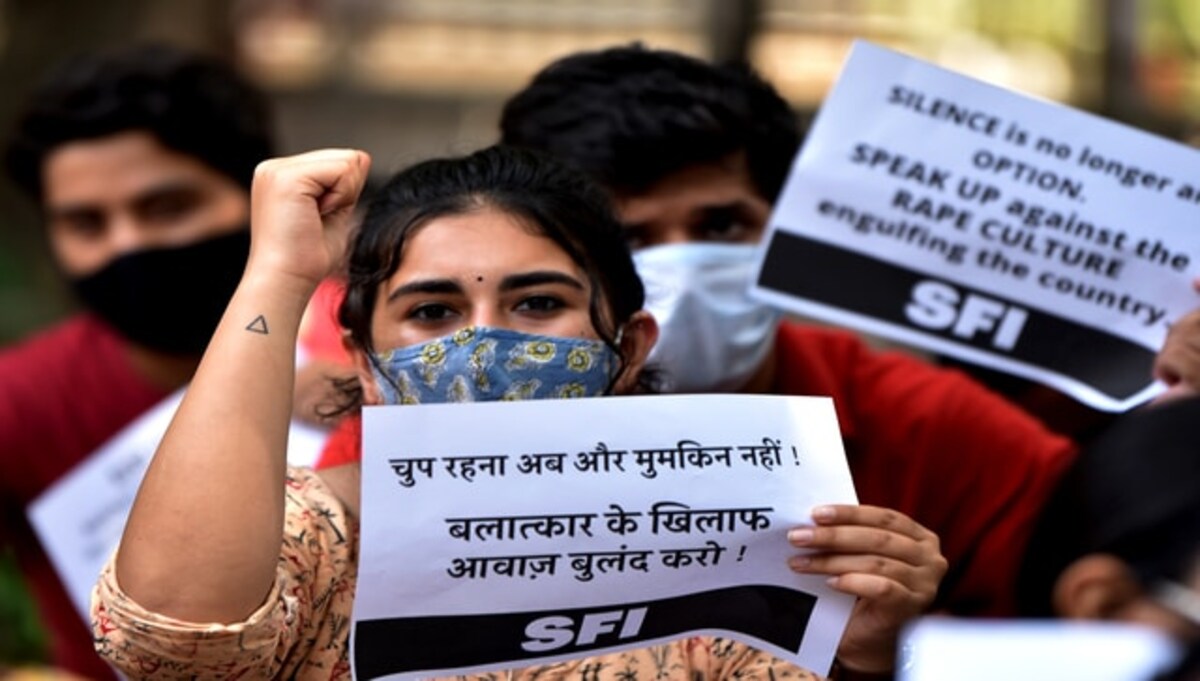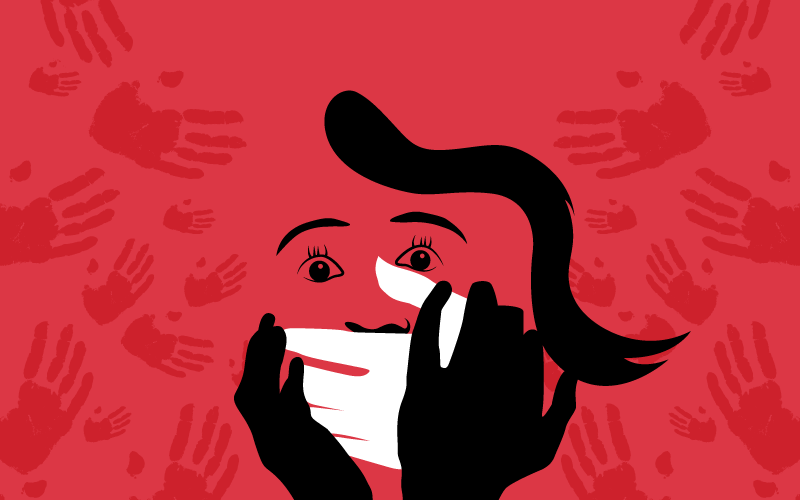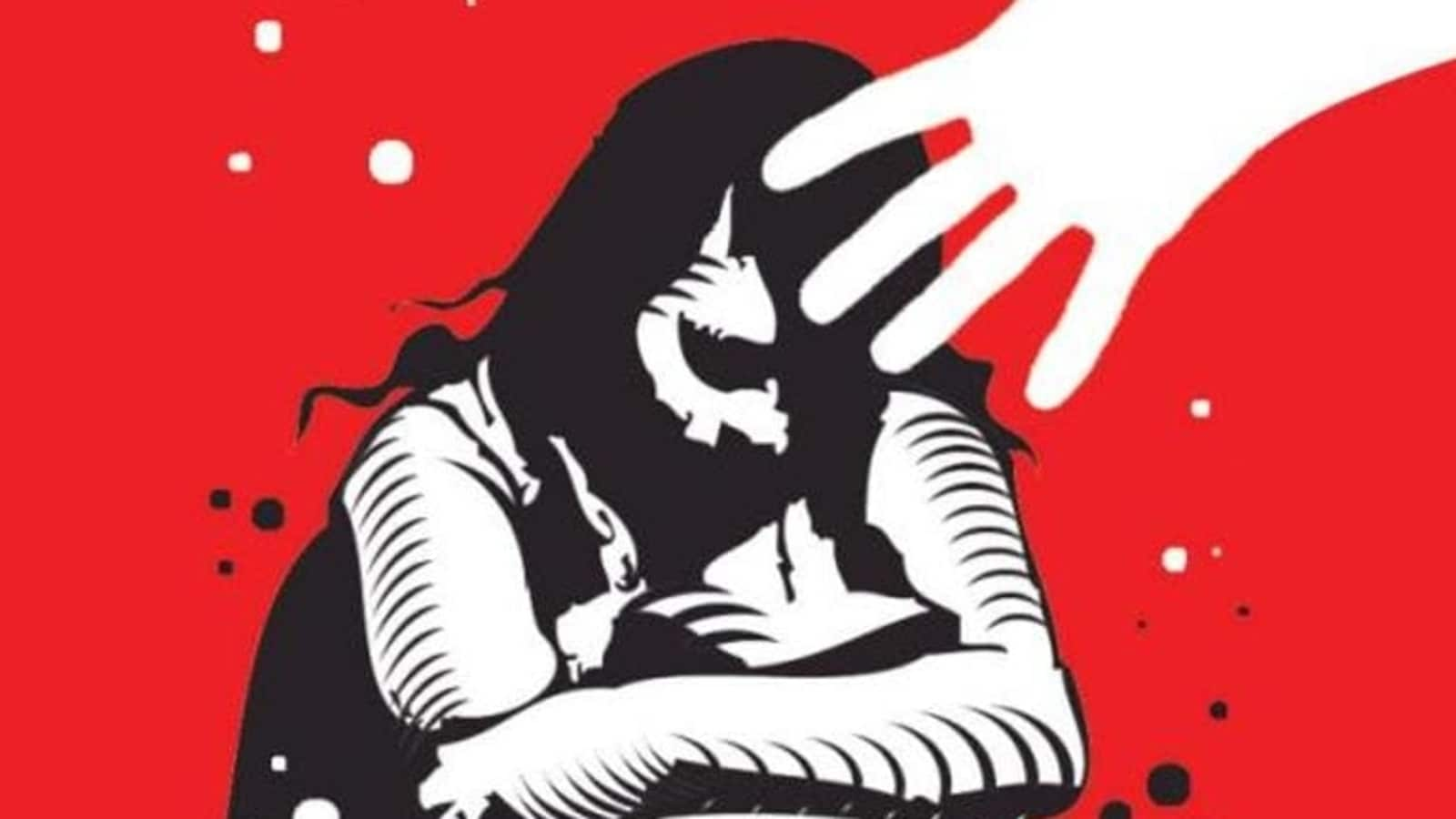On Monday, the Supreme Court announced that starting on March 14, it will hear a series of petitions seeking to criminalise marital rape.
The three-judge Bench, headed by India’s Chief Justice D.Y. Chandrachud, ordered the Union of India to submit an affidavit in response. The Centre, through Solicitor General Tushar Mehta, argued that the case has far-reaching social implications as well as legal ones. He said that the federal government had asked for state input two or three months earlier.

The government has been given till February 15 to submit its affidavit before the court. Advocate Jaikriti Jadeja and another counsel have requested written answers from the parties by March 3.
The Karnataka High Court previously decided that a husband could be charged with rape under the Indian Penal Code (IPC) if he had forcible intercourse with his wife. An affidavit filed with the Supreme Court by the Karnataka government expressed support for the High Court’s ruling.
In accordance with the second exception to Section 375 of the IPC, sexual contact between a man and his wife (who is not under 18) without her agreement is not considered rape.

According to the Karnataka High Court’s judgement,
“a man is a man; an act is an act; rape is a rape, whether it perpetrated by a man the ‘husband’ on the woman ‘wife,’
meaning that the accused should be tried despite the immunity in the penal code.
A Division Bench of the Delhi High Court had in May last year rendered a split judgement in a related case on the identical topic. Two-judge Bench led by Justice Rajiv Shakdher declared Exception two to Section 375 of the Indian Penal Code invalid (IPC).

The High Court Bench’s associate judge, Justice C. Hari Shankar, had previously ruled against the petition to criminalise marital rape, stating that any change in the law should be carried out by the legislature because the issue required consideration of various aspects, including social, cultural, and legal.
In Mr. Mehta’s question to Chief Justice Chandrachud, he questioned whether the Supreme Court should delay a ruling until the three-judge Bench of the Delhi High Court issued its opinion. However, the Chief Justice of India stated that the Supreme Court would continue to hear the petitions despite having the benefit of the consolidated opinions of two justices.

In proposing to have “marital or other relationship between the perpetrator or victim is not a valid defence against the crimes of rape or sexual violation,” the Karnataka government cited the 2013 report of the Justice J.S. Verma Committee, which had recommended the elimination of the exception for marital rape.
The petitioners, led by activist Ruth Manorama, claim that the Exception violates women’s bodily integrity, autonomy, and dignity by making it more difficult for women to provide their informed permission to sexual activity.




GIPHY App Key not set. Please check settings